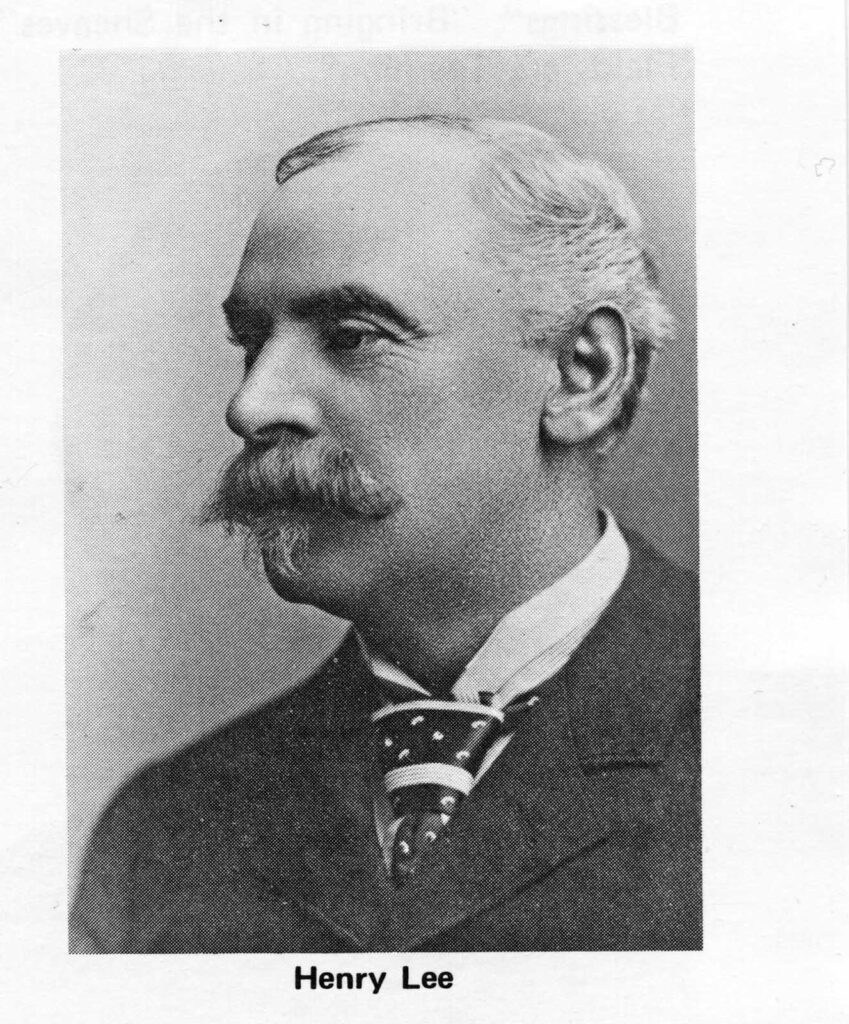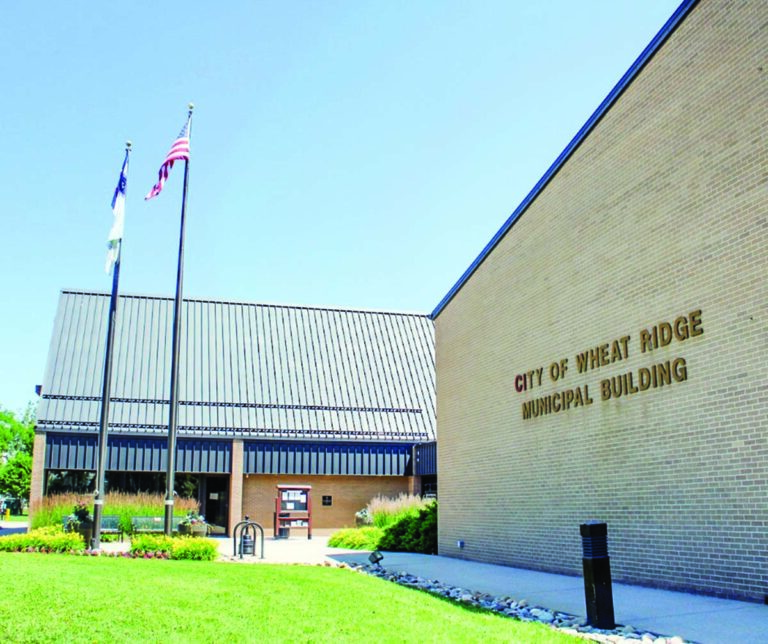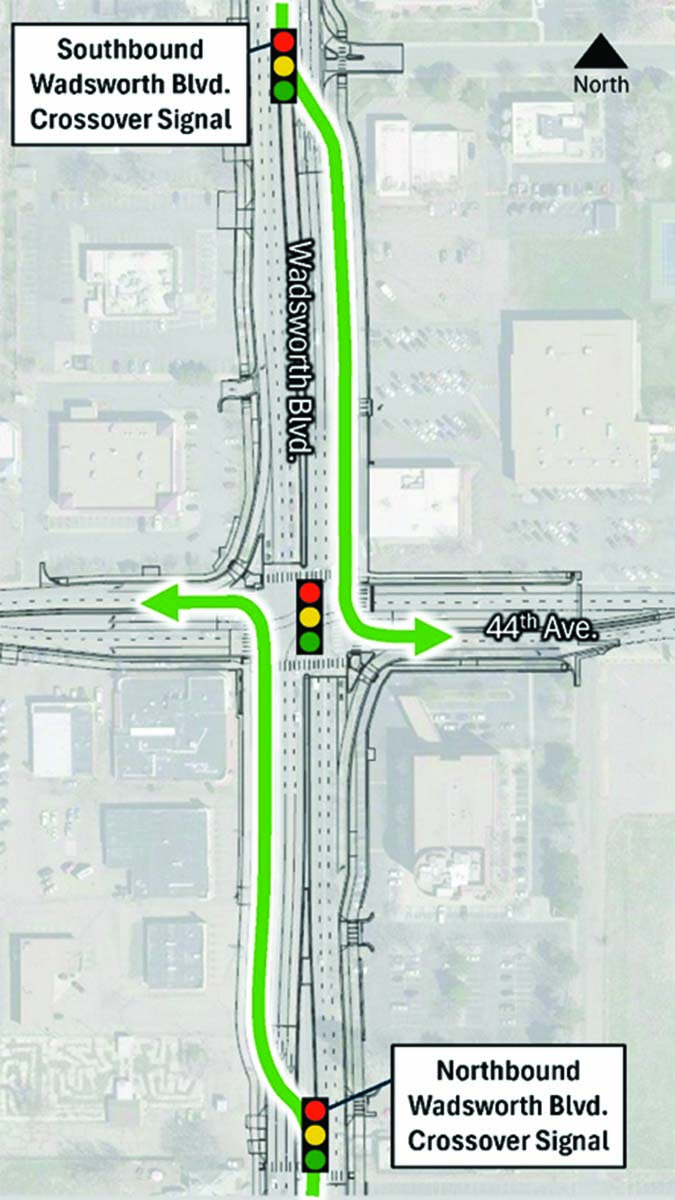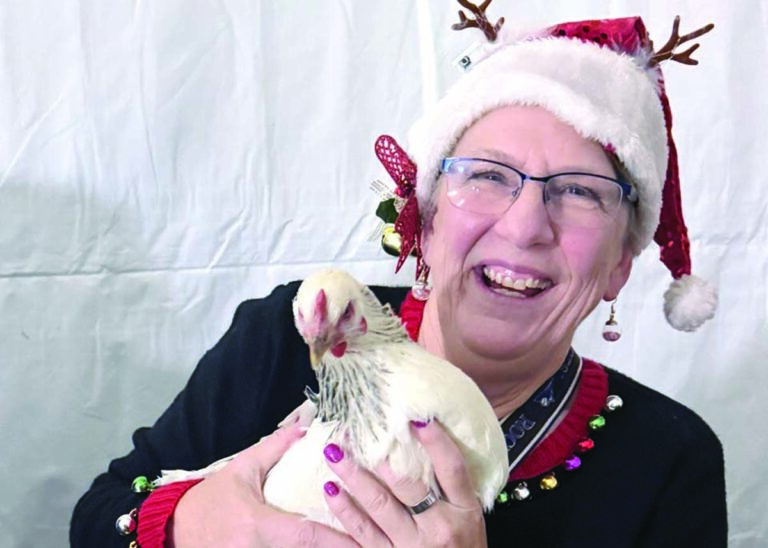When Fathers’ Day rolled through a few weeks ago, I began to wonder if there were any famous fathers around Wheat Ridge. A little research produced several references to the Honorable Henry Lee, Father of Wheat Ridge, another of the area’s first wave of pioneers.
Born in 1839, Henry Lee arrived in America from England with his widowed father who settled his four boys in Iowa where he became a bookstore owner. By 1860 young Henry was tired of assisting his father; at age 21, he’d developed an itch to travel west and join his brother, William, who had come to Colorado a year earlier. The brothers started a gardening business on William’s land; William took the farming duties, and Henry, more gregarious, sold fresh vegetables in various mountain towns. Henry loved the adventurous travel the business provided and was known for telling stories about “the good old days” for the rest of his life.
By the late 1860s Henry owned land in Wheat Ridge and started up a garden and seed store in what is now LoDo. The business did so well that by the 1880s he was able to build a four-story warehouse on the corner of Sixteenth and Wazee streets (which still stands, complete with commemorative plaque). Lee worked in Denver but maintained a large farm and home in Jefferson County. By 1873 he had married Jenny Paul, daughter of a respected judge from a well-known Iowa family. They raised three children who all became college graduates.
Residents of Jefferson County twice elected Lee to the House of Representatives and twice to the State Senate. While serving he succeeded in securing the land, then planning and organizing Denver’s park system, including Denver’s City Park. As a preeminent gardener, he was able to advise on appropriate trees, bushes, flowers and designs. Later, after moving to Denver he became Parks Commissioner, which allowed for the establishment of more parks in Berkeley, Jefferson and Highland areas, including Sloan’s Lake Park.
By the time he moved into Denver, Lee had acquired considerable land in Jefferson County. At one time he owned a whole section that became most of the towns of Edgewater and Wheat Ridge. He donated the land for Crown Hill Cemetery, and the adjacent open space was also part of his farm. The Lutheran Hospital complex stands on part of Lee’s farm, and in 1905 a group of Denver Evangelical Lutherans, looking for an appropriately located large house to start their tuberculosis sanitarium, purchased what became known as the Blue House from Lee. In 1914 Henry Lee still owned 300 acres of the finest land in Jefferson County.
Following a truly noteworthy life, Henry Lee’s death was notable, as well. On March 11, 1914, as he stepped off a curb at 16th and Curtis streets, he was run over by a car. He lingered in a coma at St. Luke’s Hospital for three weeks and died on March 30, becoming the first recorded person in Denver to die resulting from an auto-pedestrian accident.






